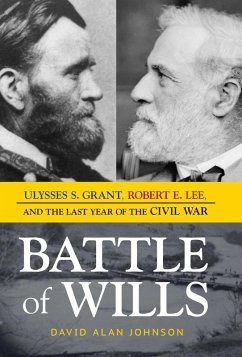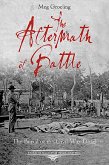Delving into their separate upbringings, the book depicts Grant as a working-class man from Ohio and Lee as a Virginia aristocrat. Both men were strongly influenced by their fathers. Grant learned a lesson in determination as he watched his father overcome economic hardships to make a successful living as a tanner and leather goods dealer. By contrast, Lee did his best to become the polar opposite of his father, a man whose bankruptcy and imprisonment for unpaid debts brought disgrace upon the family. Lee cultivated a manner of unimpeachable respectability and patrician courtesy, which in the field of battle did not always translate into decisive orders.
Underscoring the tragedy of this fratricidal conflict, the author recounts episodes from the earlier Mexican war (1846-1848), when Grant and Lee and many other officers who would later oppose each other were comrades in arms.
This vivid narrative brings to life a crucial turning point in American history, showing how character and circumstances combined to have a decisive influence on the course of events.
Dieser Download kann aus rechtlichen Gründen nur mit Rechnungsadresse in A, B, BG, CY, CZ, D, DK, EW, E, FIN, F, GR, HR, H, IRL, I, LT, L, LR, M, NL, PL, P, R, S, SLO, SK ausgeliefert werden.









